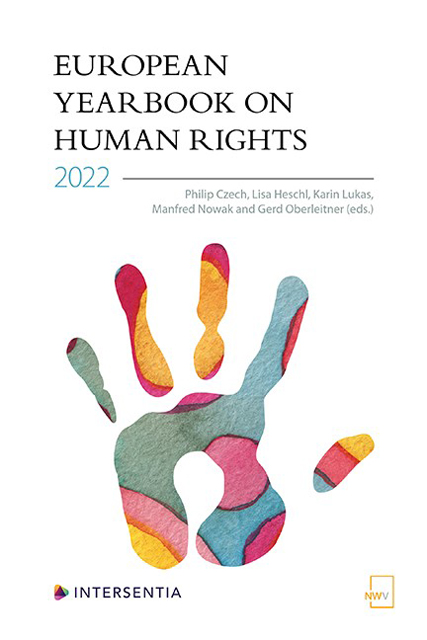Climate Change as a Children’s Rights Crisis: Procedural Obstacles in International Rights-Based Climate Litigation
Published online by Cambridge University Press: 20 April 2023
Summary
ABSTRACT
The adverse effects of climate change on children’s life trajectories and human rights are widely recognised today. The negative impacts of climate change threaten children’s rights to life, health, food, water and sanitation, education, housing, culture, and development, among others. And while all children are exceptionally vulnerable to climate change, those who are already vulnerable or marginalised are, and will be, disproportionately affected. At the level of states, those whose populations are most vulnerable to the adverse effects of climate change have generally contributed the least to its causes and have fewer resources to mitigate climate change and protect their populations. Our contribution analyses how these different dimensions of justice have been addressed, thus far, in climate litigation, with a particular focus on youth-led climate cases recently filed before regional courts and international human rights bodies. It observes that procedural obstacles have hindered access to justice for children and young people in early rights-based climate cases. It then proceeds to reflect on the extent to which human rights bodies and courts can grapple with the procedural requirements of human rights litigation in a manner that aligns with the letter and spirit of human rights treaties, and responds to the legitimate expectations of those at the forefront of the climate crisis.
INTRODUCTION
Children are disproportionately affected by climate impacts both within and across societies. The United Nations Children’s Fund (UNICEF) has stated that, of today’s 1.8 billion young people, approximately 1 billion children live in states at ‘extremely high-risk’ of climate disasters, half a billion children live in areas of extremely high flood occurrence, 160 million children live in areas of high or extremely high drought risk, and 115 million children live in zones of high or extremely high tropical cyclone risk. Climate-related heatwaves, droughts and floods increase rates of vector-borne diseases, which disproportionately affect children. Further slow-onset events, such as sea level rise and resultant saltwater intrusion, threaten children’s access to clean water.
- Type
- Chapter
- Information
- European Yearbook on Human Rights 2022 , pp. 647 - 676Publisher: IntersentiaPrint publication year: 2022



